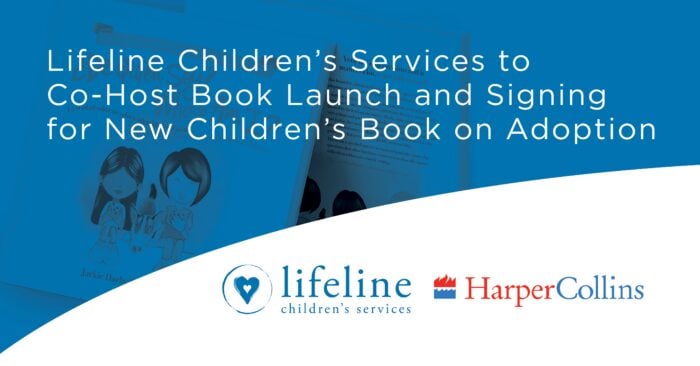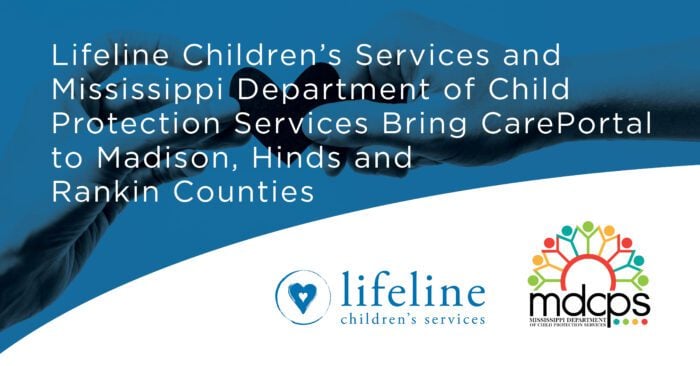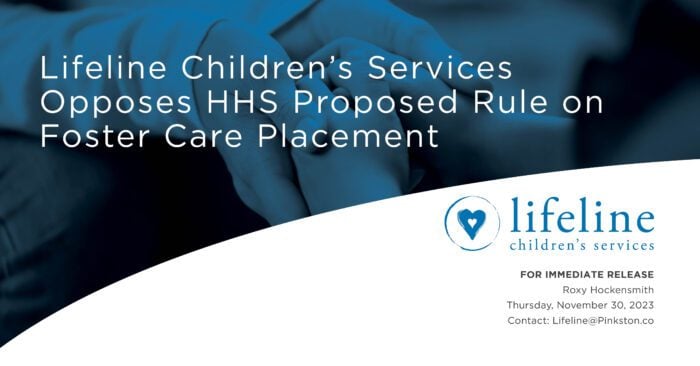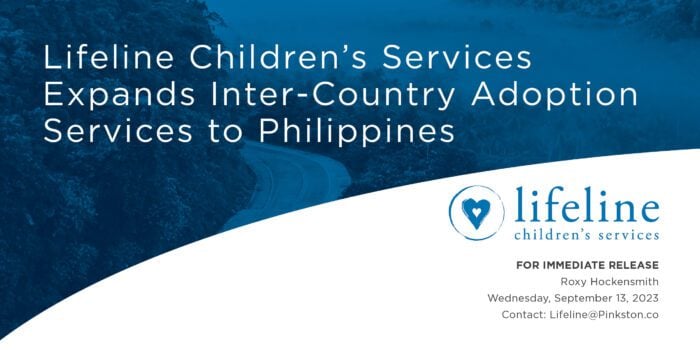Imagine a loving father watching his son struggling to swim out in the ocean?
It’s likely that he would, without hesitation, jump into the water to reach his drowning son and bring him safely to shore. What if the child in that moment of panic pushes his father under as he gasps for air? What if he hits and resists the one who is trying to help him? Would that father let go and say, “Well, he clearly didn’t want to be helped. He kept resisting me and pushing me away, so I just let him go?” No! That would never happen. The dad would understand that the child is in survival mode and that he cannot take the child’s behaviors personally. He would do everything in his power to bring the child to safety.
This is an illustration that helps to paint a picture of what it is like to “enter into suffering” for the sake of someone else. We know that suffering comes in many different forms and is not limited to physical characteristics. We also know that suffering is inevitable in this life, and the Lord desires to use it for His glory and our good (Rom. 8:28). Throughout scripture we see that suffering draws us to Christ, and it gives us the opportunity to be comforted by God so that we can in turn comfort others (2 Cor. 1:3-5). It allows us to see our need for God, and, therefore, suffering also gives us the opportunity to become more Christ-like. When we look at the example of the suffering that Christ endured, we can clearly see that He CHOSE to suffer and He suffered on behalf of others! Following His example, when we knowingly enter into suffering for the sake of someone else, our actions are God-honoring and Christ-like! Christ willingly entered into suffering on our behalf, and He calls us to follow His example.
He desires for earthly fathers to live out characteristics of our Heavenly Father, including using our lives however He may ask.
From a dad’s perspective, in the world of adoption and foster care “entering into suffering” may mean enduring hostility, endlessly and patiently listening, or enduring embarrassment on behalf of your child. It most certainly means mourning and grieving with children who have experienced unfathomable pain. It may look like a father who has to make many sacrifices such as taking time away from work, working more to make ends meet, allotting less time with other children or his wife in order to spend more time with a particular child in need. Entering into suffering may also look like showing incredible patience and grace—the kind of patience and grace that is not of ourselves. A father will need to show patience when he repeatedly feels rejected because the child has a strong preference for mom. He will also need to show grace when it appears as if his child is intentionally sabotaging every good opportunity that they face. He needs to show grace when his daughter acts half her age and seems to struggle with day-to-day interactions with others. He needs to show even more grace when his child’s behavior not only leads to his personal suffering but also to the suffering of his wife and other children. Children in adoptive and foster families need a daddy like this, one who will willingly step in to suffering alongside them and on their behalf.
Children who have experienced trauma and pain often times do not intentionally try to make parents suffer.
Rather, their actions are a direct result of their traumatic past. The life of an adoptive or foster father is not ever completely void of suffering, but take heed, for there is much hope to be found. Emotional healing comes from this type of sacrificial suffering! The Bible so wonderfully proclaims in the book of Isaiah, “By His wounds we are healed” Is. 53:5. Because Christ has endured the suffering of the cross we are able to experience spiritual healing. When parents are Christ-like and suffer WITH their children, their children can begin to experience emotional healing as they witness the love of Christ for them and the hope of His Gospel.
Whitney White, International Education Counselor
For more on what it looks like to “enter into suffering” on behalf of your child, watch our recent webinar by Whitney White HERE.




